READY TO GET STARTED?
REQUEST A FREE ESTIMATE
Fill out the form below or call (888) 466-7849 for a free, no-obligation estimate.
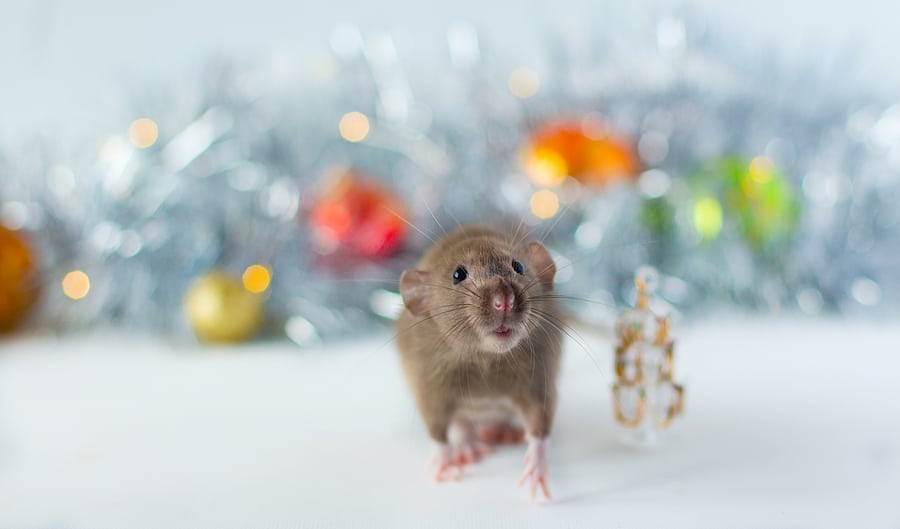
The holiday season in Georgia brings joy, warmth, and festive cheer. However, it also marks the arrival of unwanted guests – holiday pests that can disrupt your celebrations. As temperatures drop, pests seek refuge indoors, making pest-proofing your home a crucial step in ensuring a pest-free holiday season. In this guide, we’ll explore common winter and holiday pests, along with effective tips for holiday pest proofing and elimination.
If you find yourself facing an infestation despite your best efforts, it’s crucial to act promptly. Our expert pest control services are tailored to address the unique challenges posed by holiday pests. We utilize advanced techniques and environmentally friendly treatments to ensure a safe and pest-free home.
Don’t let holiday pests dampen your festive spirit. Take proactive steps for holiday pest proofing and enjoy the season without unwanted visitors. Contact your local pest control company today for a free pest control quote, and let our experienced team safeguard your home for a joyful and pest-free holiday season.
Wishing you a happy and pest-free holiday season!
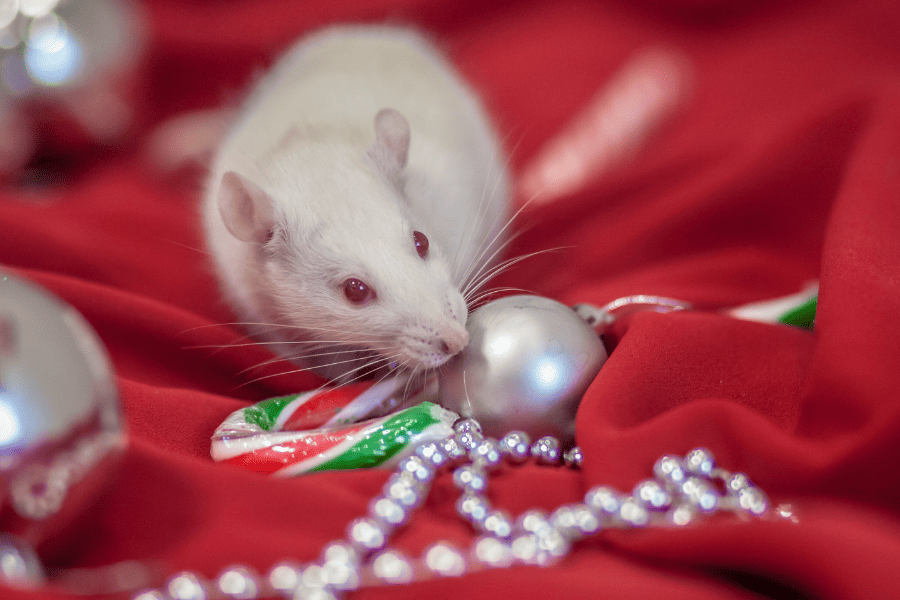
As the holiday season approaches, most of us are gearing up to host dinners and celebrations with friends and family. While preparing for your guests, the last thing you want to deal with is a pest infestation! Spiders, roaches, rodents, and more household pests are looking to your home for food, water, and shelter. Before you break out your holiday decorations, check out our pest prevention tips for holiday pest control!
If your South Florida home has an attic, basement, or a garage, it’s likely you’re storing your holiday decorations in them. While these areas can be a great way to store items, they are also dark and secluded, making it the perfect place for pests to invade. Pests, like rats and mice, will crawl into your holiday storage boxes you put away last year, destroying and contaminating them!
Before you bring down your holiday decorations, make sure to inspect and unpack them outside of your home. After the holiday season is over, pack certain decorations, like potpourri, foliage, and Indian corn in airtight containers to help prevent a pest infestation next year.
If celebrating Christmas, many families tend to buy an authentic Christmas tree and wreath. Unfortunately, these items can carry pests like spiders, moths, mites, and even squirrels! To prevent these pests from hitchhiking their way into your home, inspect both items outside and shake them to ensure they aren’t hiding in them. Likewise, before buying the items, check to see if they contain any droppings, gnawing marks, and other damage before bringing them inside.
Pests love clutter and with extra guests in your home, trash and clutter can add up. It’s important to keep your home tidy and clean as much as possible. After each meal, clean up any crumbs and spills in your dining room and kitchen areas. Don’t forget to take the trash out every night and place it in a trash container with a tightly sealed lid. If you know you will have extra food supplies, look to store them in an air-tight container and place it in your pantry or refrigerator.
If you’ve noticed more pests than you’re comfortable with before your guests arrive, consider calling your local South Florida pest control company. These professionals will be able to inspect your home, identify the pest and entry points, and recommend the best pest control and prevention plan to avoid holiday pests in the future!
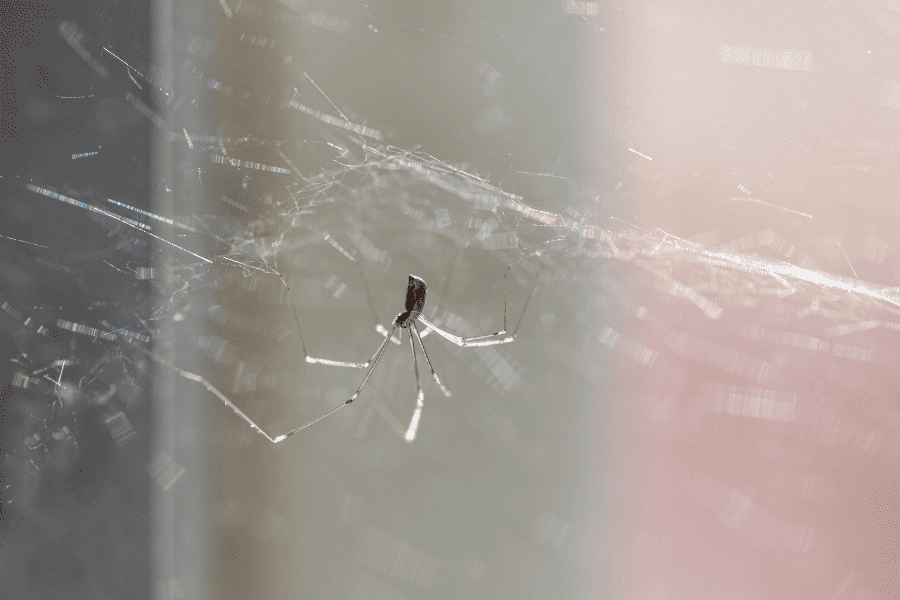
If you’ve noticed an increase of spiders inside your Florida home, it can be quite alarming for most homeowners! While most spiders are not dangerous to humans and are considered a benefit to our environment, it doesn’t mean you want them inside your house. With several species found in Florida, including daddy long legs, southern house spider, black widows, and more, it’s inevitable to come across one, but it’s easy to prevent, reduce, or eliminate their presence around your home. Check out the reasons why spiders are entering your home and easy spider prevention tips to avoid them in the future.
Spiders enter homes to search for food and find a habitat to continue looking for prey to feed on. Spiders eat insects, so if you’ve found webs around your home, it’s likely that those spiders found their food source. Inspect the inside and outside of your home for spider signs, these include spider webs, egg sacs, insects they feed on, or the spiders themselves.
There are several ways you can help reduce spider activity on your property. Spiders are looking for food, so it’s important to reduce the amount available to them by removing other household pests from your property. You can reduce the insects on your property by:
Not only is it important to reduce the insect population to avoid spiders, but it is equally important to deter them from even entering your home. Consider these spider prevention tips to avoid them from invading indoors:
If you’ve noticed more spider activity than you’re used to, consider calling your local Florida pest control company for help. These professionals will provide you with a thorough inspection and recurring pest control plan to help avoid spiders and other household pests in the future.
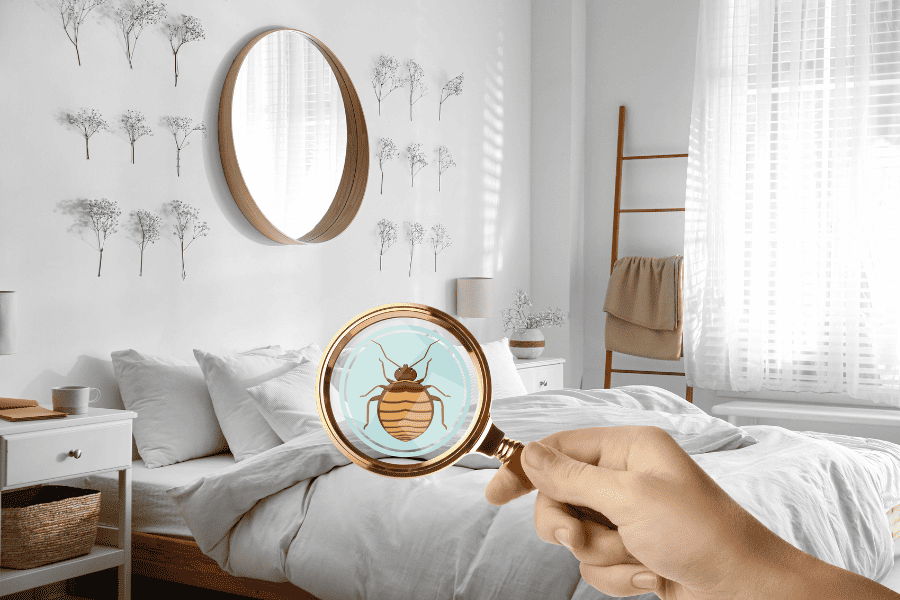
Traveling for the holidays, staying at hotels, and visiting family are all opportunities for bed bugs to hitchhike through your luggage and make their way into your home! These invasive pests will go undetected for long periods, reproducing quickly, and causing a full-blown infestation. One of the best ways to avoid bed bugs inside your home is to prevent them in the first place.
While packing for your trip, consider utilizing plastic bags to pack your clothes, shoes, and other personal items to help prevent bed bugs that climb into your suitcase. Before booking your hotel room, look up the bed bug registry. Once you get to your hotel room or Airbnb, inspect the room for signs of bed bugs, including small, dark spots, bloodstains, or bed bug skins. Try to avoid placing your luggage on the bed or floor, instead, place it on tile floors, in a closet, even in showers or tubs, and keep it away from the walls and any wooden furniture.
Once you return home from a trip, unpack your items outside instead of inside your home. Look to unpack your clothes and personal items outside, and wash them immediately through a high-heat dryer cycle as bed bugs cannot withstand high temperatures. If you’ve recently purchased secondhand furniture, groceries, or have a delivery, make sure to always inspect them before bringing them inside.
If you’ve seen bed bug signs or a live bed bug, it’s important to act fast to eliminate them from your home. There are several do-it-yourself bed bug methods that you can utilize but having a professional provide you with an inspection and a bed bug treatment plan is usually best. These licensed professionals will give your home in in-depth inspection and a customized bed bug control plan, either a chemical or heat treatment, based on your pest situation. If you suspect a bed bug infestation, contact your Florida pest control company for more information.
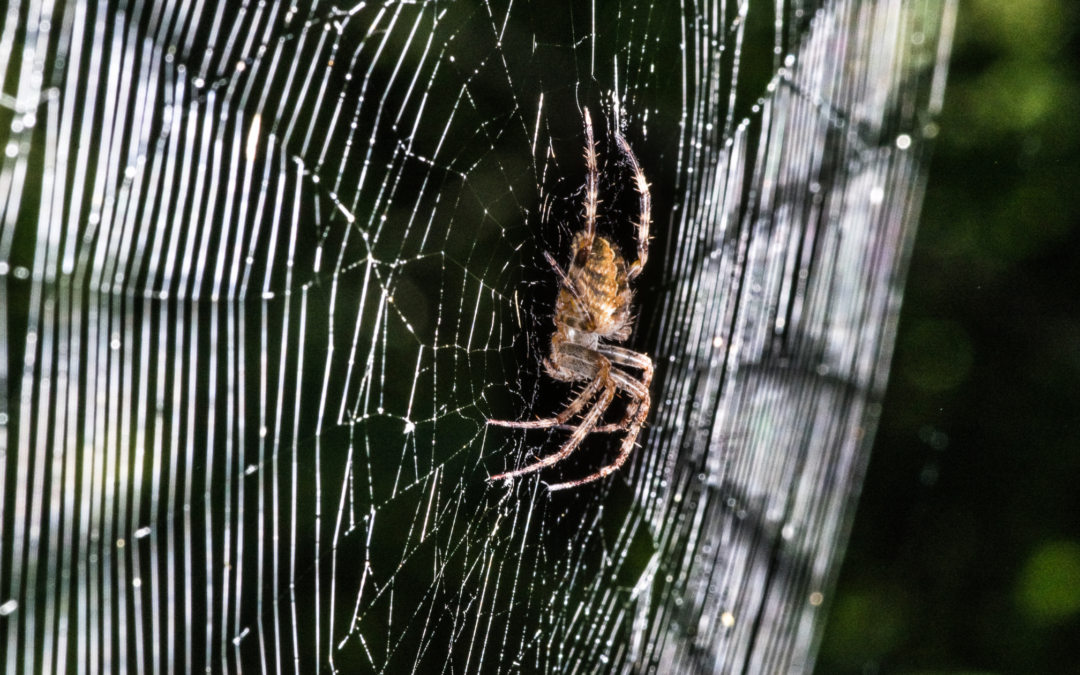
Georgia is home to a variety of fascinating arachnids, including the intricate orb weaver spiders. While these eight-legged creatures play a crucial role in controlling insect populations, encountering them in and around your home can be a cause for concern. In this blog post, we’ll delve into the world of orb weavers, exploring how to identify them, where they commonly reside, and essential tips for prevention and control.
Orb weavers, members of the Araneidae family, are renowned for their distinctive circular webs, meticulously crafted to capture unsuspecting prey. Recognizing these spiders is key to effective pest control. Key features include:
Orb weavers are adaptable and can be found in a variety of habitats, both natural and man-made. In Georgia, you may encounter them in:
While orb weavers are generally beneficial, their presence near your home may cause discomfort. Here are some practical tips for prevention and control:
If you find yourself caught in the web of orb weaver spiders, don’t hesitate to take action. Our experienced pest control team is here to help. Request a free pest control quote today to safeguard your home from unwanted arachnid visitors. Let us weave a plan to keep your space pest-free and comfortable.
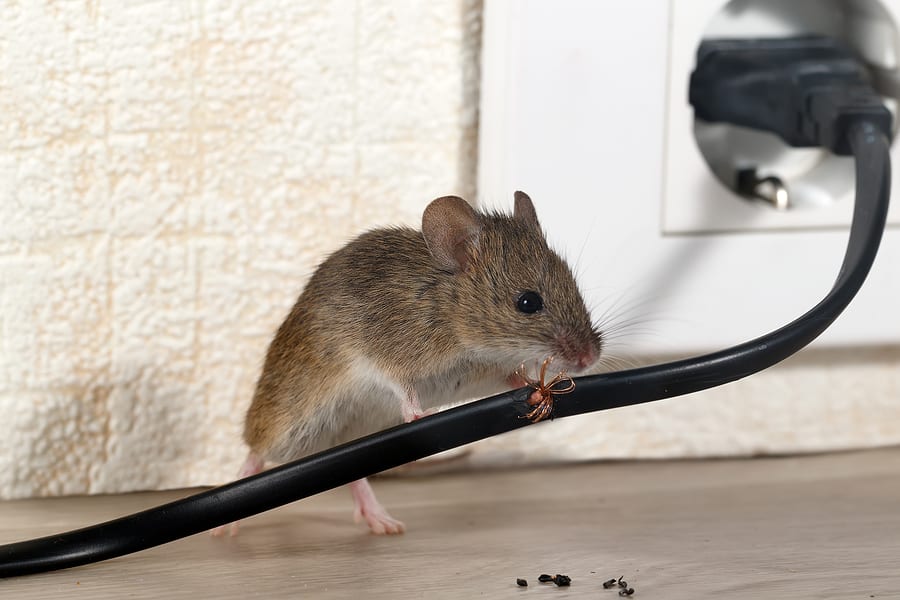
Rodents, including rats, mice, and squirrels, look indoors for a place to nest and food. Once these wildlife creatures get inside your Florida home, they can wreak havoc, destroying insulation, chewing electrical wires, and contaminating food. Prevention is critical when it comes to protecting your home against rodents, especially as the weather cools down and they begin looking indoors for shelter. Check out our rodent prevention tips below.

Your yard is the first defense against rodents, making it essential to place outdoor preventative measures to deter them away. Consider these DIY tips:
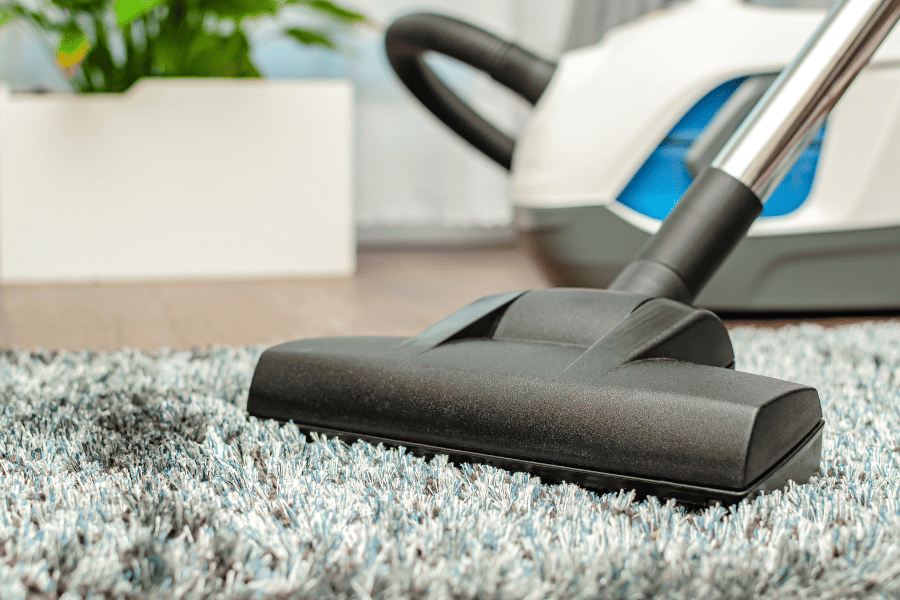
Your home can provide the perfect place for rodents to inhabit, so removing those attractants from inside your home will help keep these creatures out. You can do this by:
If you suspect rodents are inside your home, it’s important to reach out to your professional pest control company. These professionals will be able to inspect and identify the rodent that’s invaded your property. They will also be able to safely remove these creatures, identify areas of entry, and provide a rodent control and prevention plan for your home to avoid further infestations.
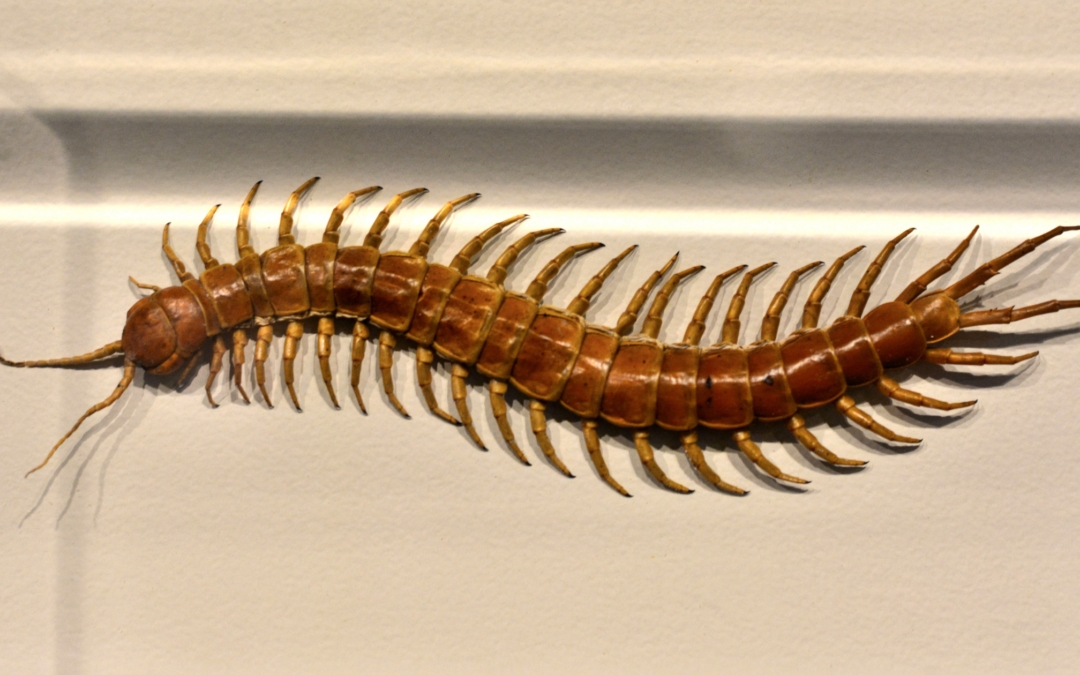
Centipedes, with their numerous legs and speedy movements, are not exactly a welcome sight in any home. As common household pests, centipedes can be a nuisance, but understanding what attracts centipedes to your home is the first step towards effective pest control. In this blog post, we’ll delve into the basics of centipedes, how they find their way indoors, signs of infestation, and crucial tips for prevention and elimination.
Centipedes are arthropods belonging to the class Chilopoda. Despite their name, centipedes do not have a hundred legs; the number varies depending on the species but typically ranges from 15 to 177 pairs. Known for their long, segmented bodies and swift movements, centipedes are carnivorous, preying on insects and spiders.
Centipedes are attracted to homes for several reasons. Understanding these factors can help you take proactive steps to keep them at bay.
Identifying a centipede infestation early is crucial for effective pest control. Look out for the following signs:
Don’t let centipedes take over your home. Take proactive steps and ensure a pest-free living environment. Our expert pest control team in Georgia is ready to assist you. Request a free pest control quote today and enjoy the peace of mind that comes with a centipede-free home.
Remember, early detection and preventive measures are crucial in keeping centipedes and other household pests at bay. With the right approach, you can enjoy a comfortable and pest-free living space in Georgia.
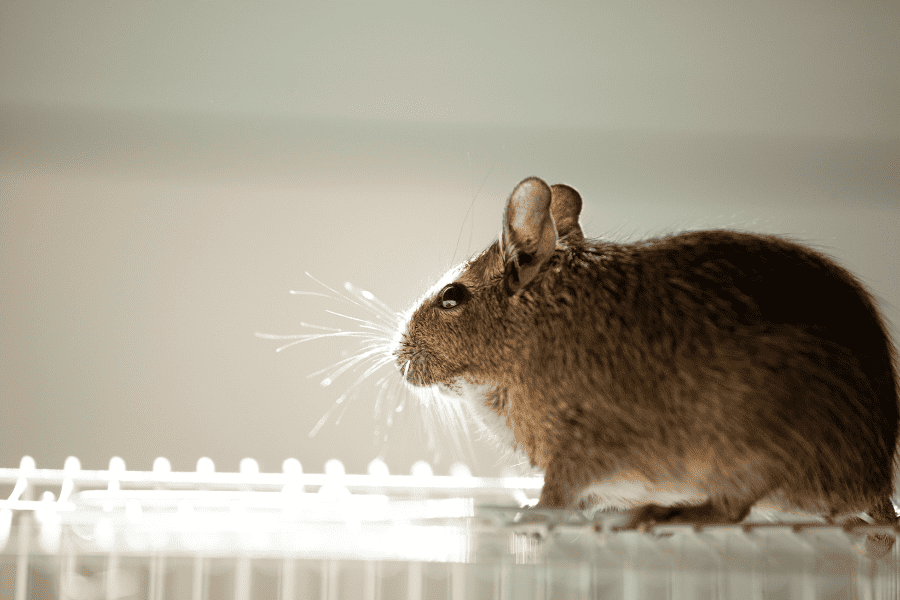
Rodents are a common pest Floridians will deal with. Rodents, like rats and mice, invade homes in search of water, shelter, and food to survive. Once rodents have infested your Punta Gorda home, it can be difficult to remove them as they will often reproduce quickly! It’s important for Punta Gorda homeowners to understand what attracts rodents to their homes and how to prevent them from infesting.
Dealing with rodents in your home is less than ideal. Luckily, there are do-it-yourself preventative measures you can place throughout your home to keep these pests from invading. Consider the following rodent control tips:
In summary, what attracts rodents to your Punta Gorda home is food, water, and shelter. If you suspect a rodent infestation, contact your local pest control company for help. These professionals will thoroughly inspect your home and safely remove any rodents that are found on your property.

With the holidays nearing, now is the perfect time to ensure you don’t have pantry pests in your Tennessee home. Pantry pests are insects that like to invade your stored food products, often laying their eggs to reproduce and causing a full blow infestation. Let’s go over common pantry pests you can find in your home and how you can further prevent them.
The Indian meal moth is known for feeding on several types of food found in our pantry, including dried fruits and vegetables, grains, seeds, nuts, candies, and pet food. You can identify these pests by their two-toned wing pattern with a tan to copper oval-shaped body. These pests are highly attracted to light and anywhere they can find food.
This pantry pest has a dark brown body, six legs, and six saw-like teeth on each side of their bodies. Their narrow oval body shape allows them to crawl inside of packaging to eat, live, and reproduce. They prefer to feed on cereals, cake mixes, macaroni, and cookies, even though their names suggest they like grain!
If you suspect pantry pests have invaded your pantry, give your local Tennessee pest control company a call for a customized pest control plan and a free inspection!